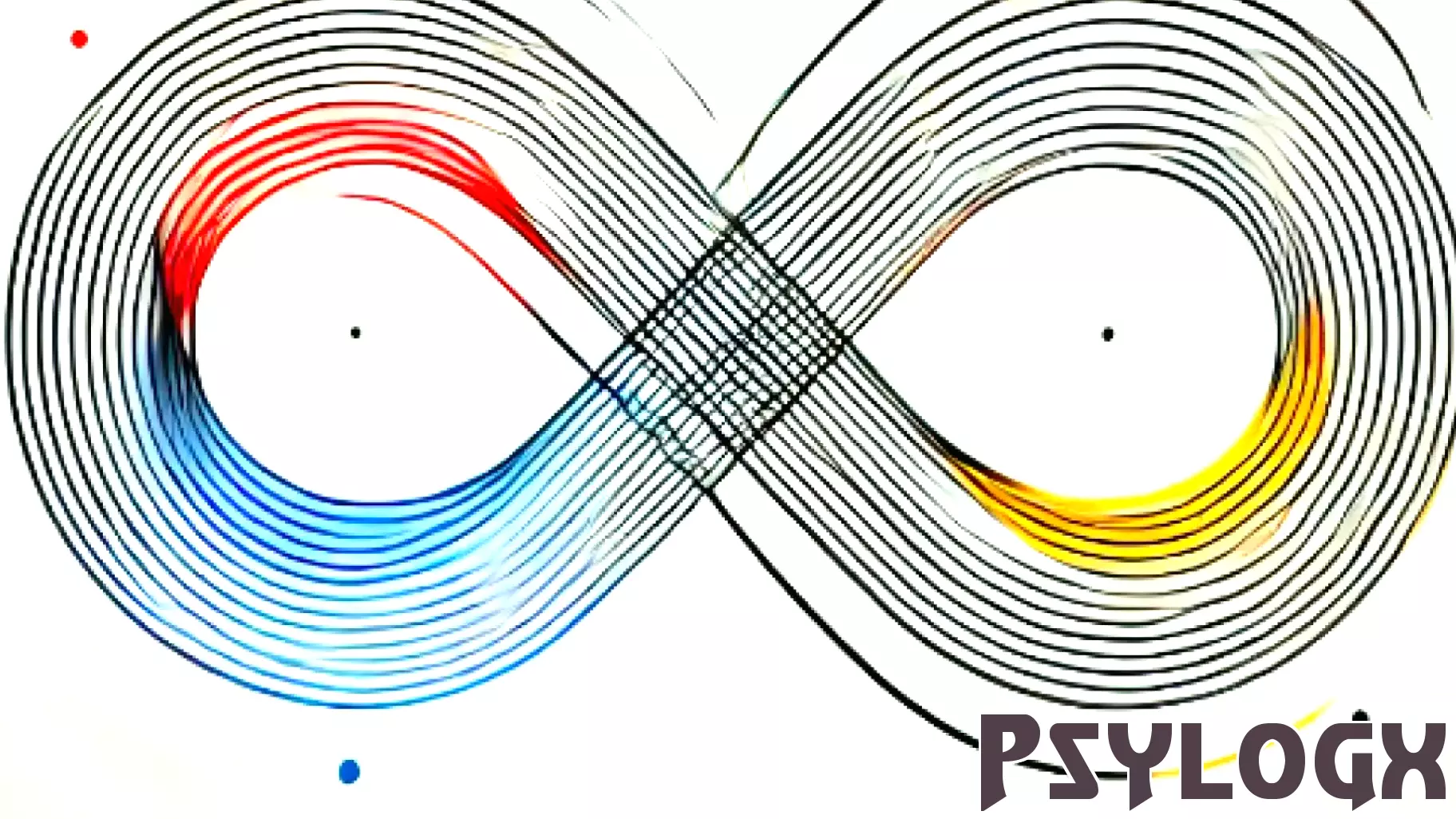December 27, 2024 - 17:37

Between every number lies an infinity—now AI puts that boundless potential in our hands, transforming how we think and create. Recent advancements in artificial intelligence are revolutionizing the field of mathematics, enabling researchers and enthusiasts to explore concepts that were once considered too complex or abstract.
AI algorithms are now capable of generating mathematical proofs, solving intricate equations, and even discovering new mathematical theories. This capability not only accelerates research but also democratizes access to advanced mathematical tools, allowing individuals without formal training to engage with sophisticated concepts. The implications of this technology extend beyond academia; industries such as finance, engineering, and data science are harnessing AI to optimize calculations and improve decision-making processes.
Moreover, the integration of AI in mathematics fosters a collaborative environment where humans and machines work together. As AI continues to evolve, it promises to unlock new realms of understanding, pushing the boundaries of what we perceive as possible in both mathematics and beyond. The future of mathematical exploration is indeed bright, fueled by the infinite potential of artificial intelligence.



